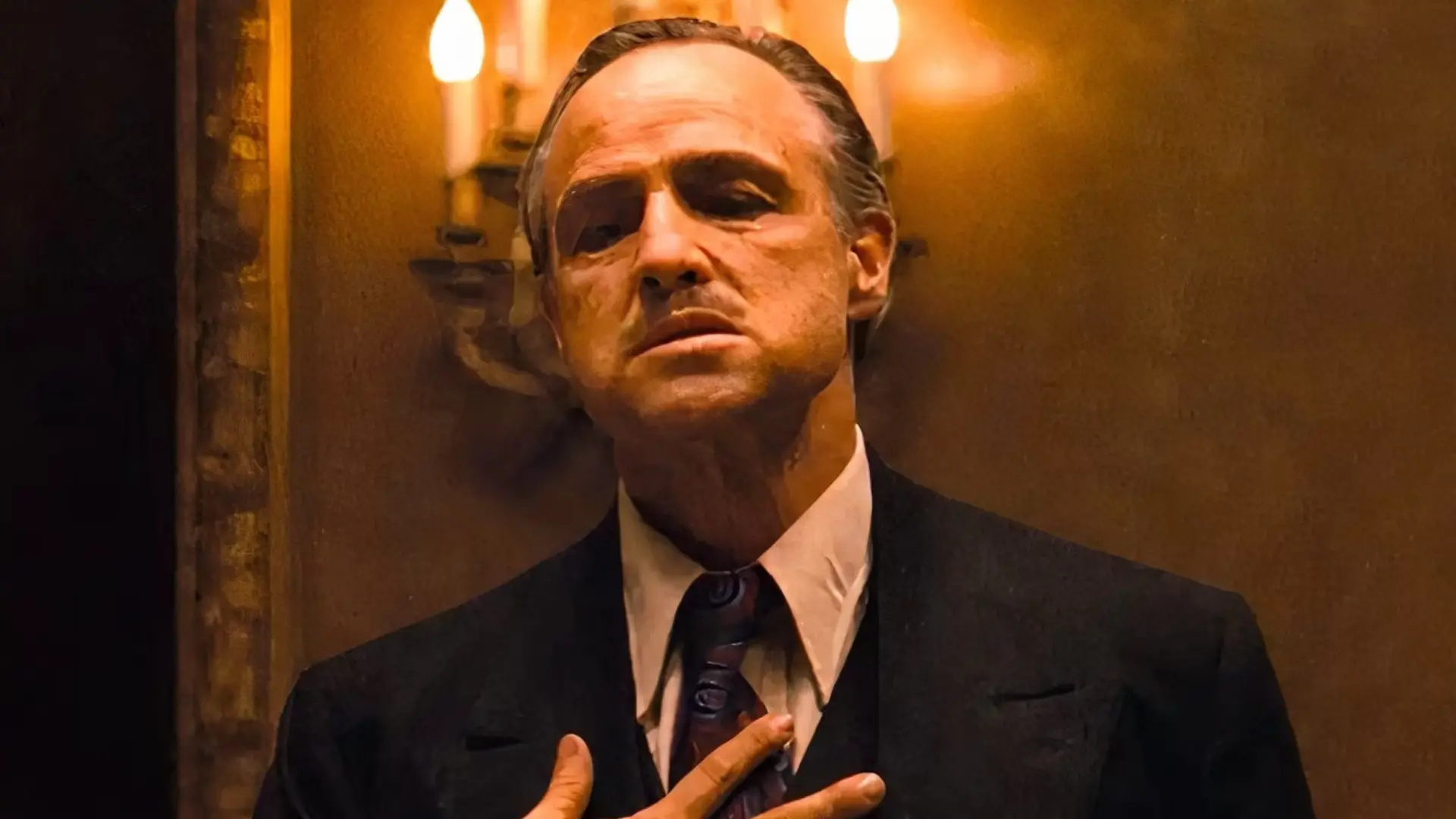
Paramount’s Robert Evans recalled that in early 1968, he met Puzo and offered him the deal. Puzo confided that he urgently needed $10,000 due to his mounting gambling debts, and Evans agreed to provide the money.
Numerous gangster films have been produced in Hollywood, yet The Godfather remains the most incisive and biting portrayal of the Cosa Nostra and the diverse mix of criminals, associates, and businessmen within it. The behind-the-scenes stories of the film’s production are as compelling as the movie itself.
Paramount recognized the potential of the story even before Mario Puzo’s novel was fully completed, but the path to bringing it to the screen was far from straightforward. The production faced various challenges, including interference from the Colombo crime family and conflicts between director Francis Ford Coppola and some of his crew.
In the end, the tumultuous process proved worthwhile. Despite the intense conflicts during production, everyone involved contributed to this captivating story of a military man’s rise to become a mafia leader. The film achieved both critical and commercial success, winning three Oscars out of ten nominations and grossing nearly $300 million worldwide.
The lives of nearly everyone involved were transformed, with many actors becoming household names and the director and producers earning substantial financial rewards.
MUST READ: Thunderbolts Gets First Trailer, Strongest Members Of The Marvel’s Shadow Operatives Ranked
However, the project might never have materialized if Mario Puzo hadn’t agreed to sell his story. Reportedly, he only made the deal with Paramount because he was burdened by significant gambling debts.
Books such as The Godfather Legacy: The Untold Story of the Making of the Classic Godfather Trilogy by Harlan Lebo and The Annotated Godfather by Jenny M. Jones offer further insight into the pre-production chaos surrounding The Godfather.
Paramount Pictures first learned of Mario Puzo’s novel in 1967, when a literary scout contacted Vice President of Production Peter Bart about the author’s incomplete 150-page manuscript, then bluntly titled Mafia.
When Paramount Saw An Opportunity
Given the popularity of adaptations at the time, Paramount saw an opportunity to capitalize on the story, especially since the studio was in dire need of a hit. Bart was immediately intrigued, believing it was “more than just a Mafia story.”
Keen to secure the rights before anyone else, Bart offered Puzo $12,500 for the adaptation rights, with a promise of $80,000 if the project moved forward. However, Puzo’s agent, Candida Donadio, advised against accepting the offer, believing it would not be financially worthwhile. While Puzo would have preferred to decline, his gambling debts left him with little choice.
Paramount’s Robert Evans recalled that in early 1968, he met Puzo and offered him the deal. Puzo confided that he urgently needed $10,000 due to his mounting gambling debts, and Evans agreed to provide the money.
It’s ironic that Puzo, who wrote The Godfather, was himself ensnared by a vice commonly associated with the Mafia—gambling. This brought him even closer to the fictional characters he created, though it was a source of frustration for his family. Puzo’s son, Antony, reminisced with some resentment about those relentless gambling days, recalling that his father “liked to do things first-class, even though we only had fifth-class money.”
Fortunately, their financial situation eventually improved. Puzo’s Success, But His Children Felt He Was Underpaid.
The Big Hollywood Deal
The Hollywood deal marked the beginning of better times for Mario Puzo. Once The Godfather was published, it stayed on The New York Times Best Seller list for an impressive 67 weeks, selling over nine million copies in two years.
Before this success, Puzo had already received $375,000 from the publishing company G. P. Putnam’s Sons. Additionally, he was hired as a co-writer for the film adaptation and its sequels, significantly boosting his fortunes.
Despite Puzo’s success, his children believed he was underpaid. In 2012, Puzo’s estate filed a motion to terminate the contract with Paramount. This countersuit followed Paramount’s attempt to block the publication of a prequel titled The Family Corleone, claiming it was done without the studio’s consent. The family’s lawyer, Bert Fields, expressed dissatisfaction, pointing out that the studio had made “approximately $1 billion” from the franchise, yet paid Puzo relatively little.
In response, Paramount stated, “Paramount has tremendous respect and admiration for Mario Puzo and his legacy. We are only seeking to adhere to the terms of the deal that were agreed upon by Mr. Puzo himself.”
Ultimately, the dispute was resolved through an out-of-court settlement. Paramount retained the right to make more Godfather films, while the Puzo estate was allowed to publish the novel. There remains hope that The Family Corleone will one day be adapted into a film, especially in an era where high-quality gangster movies are in short supply.